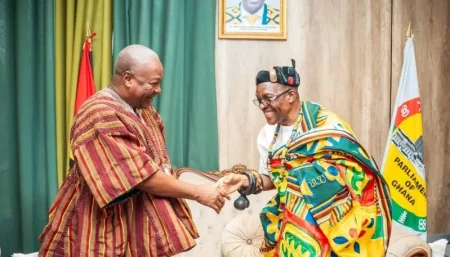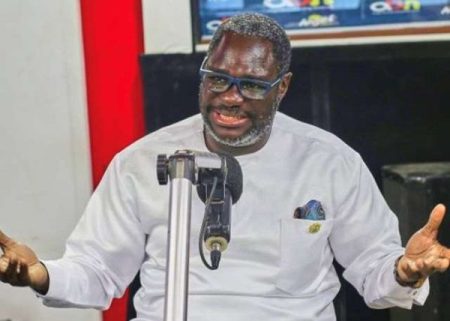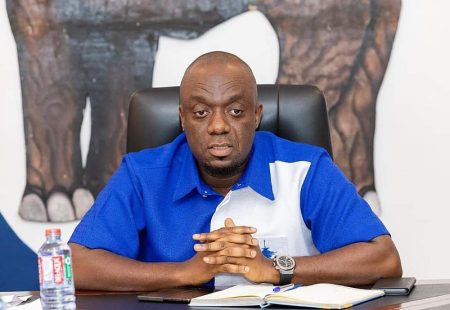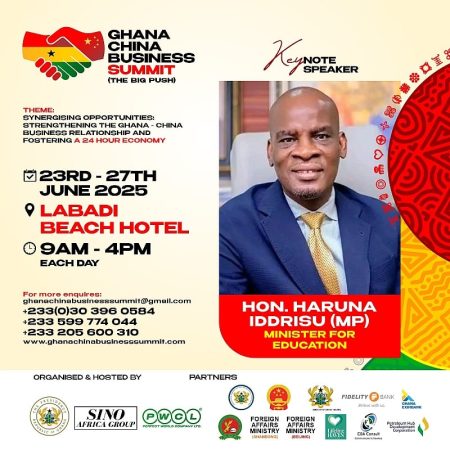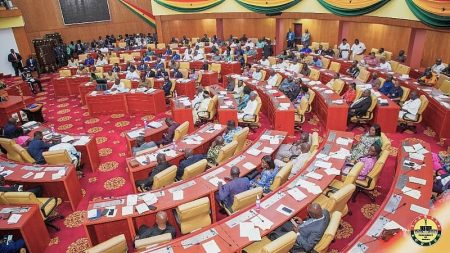Professor Stephen Kwaku Asare, a prominent Ghanaian legal scholar and political commentator, has launched a critique against the New Patriotic Party (NPP), urging the party to dismantle its delegate system. He argues that this system, long entrenched within the party’s structure, disenfranchises ordinary party members and concentrates power within a select elite. This elite, he contends, is often susceptible to manipulation through financial inducements and the influence of incumbent officials, thereby undermining the democratic principles the party purports to uphold. Professor Asare insists that genuine reform within the NPP hinges on empowering the grassroots membership and democratizing decision-making processes, rather than simply rebranding the existing power structure.
Professor Asare’s critique coincides with the NPP’s recent announcement of key dates in its electoral calendar, including the date for its presidential primary election, set for January 31, 2026, in anticipation of the 2028 general elections. While the party has also scheduled elections for polling station executives, the timing and sequencing of other internal elections, including those at the constituency, regional, and national levels, remain undisclosed. This lack of clarity, according to Professor Asare, casts a shadow over the NPP’s commitment to accountability and risks portraying the party as lacking seriousness in its reform efforts.
Central to Professor Asare’s argument is the concern that the same party executives who presided over the NPP’s electoral defeat in 2024 remain in positions of power and are now spearheading the purported reforms. He questions the logic of entrusting the party’s future to those who, in his view, steered it towards failure. He draws an analogy to a ship run aground, arguing that changing the course requires more than simply maintaining the same captains at the helm. Accountability, he asserts, must be the cornerstone of any meaningful reform process, yet he observes that the architects of the NPP’s recent setbacks appear to be rewarded with continued influence and control.
Professor Asare’s call for the abolition of the delegate system underscores a broader debate within the NPP regarding internal democracy and the balance of power between the party elite and its grassroots members. The delegate system, as it currently stands, allows a relatively small number of party representatives to make crucial decisions, including the selection of candidates for various elected positions. Critics like Professor Asare argue that this system is vulnerable to manipulation and undue influence, thereby undermining the principle of one member, one vote, and limiting the participation of ordinary party members in shaping the party’s direction.
The NPP’s roadmap towards the 2028 elections, with its staggered approach to internal elections and the continued presence of existing leadership, raises questions about the party’s commitment to genuine reform. While scheduling the presidential primary and polling station executive elections provides a degree of predictability, the absence of a comprehensive timeline for other key elections raises concerns about transparency and potential strategic maneuvering. Professor Asare’s contention that the party is prioritizing rebranding over substantive change highlights the tension between maintaining control within the established power structure and embracing wider participation and accountability.
Ultimately, the debate within the NPP revolves around the fundamental question of who holds power and how decisions are made. The criticism leveled by Professor Asare, a respected voice in Ghanaian political discourse, challenges the party to confront its internal dynamics and consider whether the current delegate system truly reflects the democratic ideals it espouses. The party’s response to this critique and its subsequent actions will be crucial in determining its trajectory and its ability to regain public trust and electoral success.






